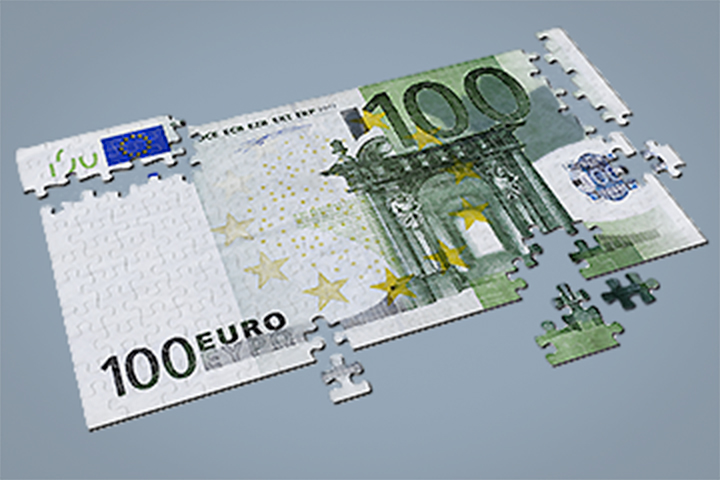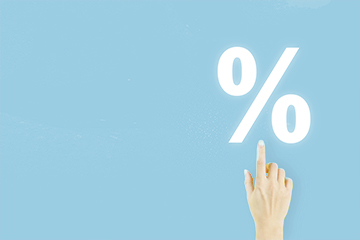What is better, adding to your savings every month or as the mood strikes?

Keytrade Bank
keytradebank.be
August 14, 2025
(updated February 12, 2026)
3 minutes to read
Should you be putting away savings every month or only in case of a windfall? This article compares two common savings strategies and looks into why combining them is also a fine option.
Is saving money easier said than done?
While most people try to build up their savings, they don’t always manage. Often, what’s missing is a well-thought-out approach.
Is it better to have a fixed amount deducted from your current account automatically? Or should you wait and see what you have left at the end of each month? What about holiday pay or unexpected bonuses? In other words, is it better to get into the habit of adding to your savings regularly or to take advantage of exceptional opportunities as they arise?
Option 1: saving automatically every month
When you save every month, you set aside a fixed amount each time, usually via an automatic deduction. That way you don’t have to remember to do anything.
The benefits of monthly savings
- Saving soon becomes a habit
- You improve your discipline If you start small - putting away EUR 25 or 50 each month, for example - you’ll notice that saving doesn't have to be very painful at all.
- The snowball effect. The longer you save, the more interest you earn - and that interest starts earning interest itself as well (compound interest).
- You’ll never be sorry you didn’t manage to have any money left over. You add to your savings first and then adjust your purchasing behaviour accordingly - not the other way around. That way, you won’t be worrying all month about having anything left to put in savings.
Is this the ideal approach for you?
Adding to your savings like clockwork? This is a particularly good approach for people with a stable income and little time for or interest in actively managing their savings. It’s also good for anyone who wants to establish a steady financial routine.
Option 2: saving occasionally
Some people prefer not to save at fixed times, but only add to their savings if there’s money left at the end of the month or in case of windfalls such as a tax refund, holiday pay, a thirteenth month or an unexpected bonus.
The benefits of occasional savings
- You enjoy more freedom in your spending. If finances are tight for a while, you have a little extra to tide you over instead of it going to your savings account.
- Have you received more money unexpectedly? In that case, you can set aside a nice amount in one go.
- You can also create a loose savings routine where you systematically transfer any windfalls to your savings account as they occur.
Unlike for regular savers, the biggest disadvantage of this approach is that your savings can drop suddenly in case of a financial setback. Moreover, you miss out on the magic of compound interest.
Is this the ideal approach for you?
It can be a useful savings strategy for people with an irregular income, such as freelancers. In reality, many people take this approach: adding to their savings when possible, but prioritising - often expensive - everyday purchases.
Option 3: why limit yourself?
There is another option. You don’t necessarily have to choose between saving every month and making more of an effort every now and then. You can always opt to set up a small monthly savings order and still add more from time to time as well.
For example, you might put away EUR 50 automatically each month, but on receiving a year-end bonus in December, you add another EUR 500 just that once. You can add to your savings systematically without affecting your monthly budget too much while also giving your savings account an occasional bigger boost.
In conclusion: start small and stay the course
What’s most important is to simply get started. Even putting aside EUR 20 a month lays the foundation for a habit that should prove infinitely rewarding with time. If you start with a larger amount, it may be harder to keep up. That’s why slow and steady can be better. Above all, though, be consistent.
Want to know more about Keytrade Bank savings plans?
Don't have a savings account yet? Or are you looking for more interesting proposals in terms of basic interest rates and loyalty bonuses than you have currently? Keytrade Bank offers a range of regulated savings accounts. Which plan is the best fit for your own saving habits? Find out now!


